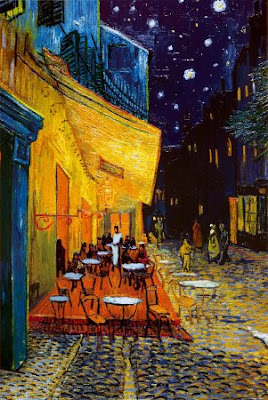新闻说:为了在日益发展的社会经济活动和城市建设中更好地保护环境,拉萨市政府日前正式颁布通告,全面禁止市区范围内的探矿、采矿活动,同时对采石和采砂活动进行更严格的规范。
拉萨市常务副市长谢延智5日向"中华环保世纪行--西藏行"活动汇报时说,这项举措是拉萨市严格执行环境管理制度、加强污染防治的重要一环。 根据已经正式实施的《拉萨市政府关于在市区禁止探矿采矿、规范采石、采砂的通告》,拉萨市规划控制区内禁止探矿采矿,并整顿规范采石采砂行为;在划定区域内凡符合有关规定要求、手续齐全的采石、采砂场点,要严格按照科学合理开采,不得造成环境破坏和资源浪费。
谢延智说,去年拉萨市对6家选矿厂下达了停建通知书,对13家采石、采砂和取土厂下发了停业整顿通知书,还处罚了11家有违法行为的选矿厂。
前段时间拉萨市政府网上还有这么个决策:根据《中华人民共和国环境保护法》、《中华人民共和国矿产资源法》、《西藏自治区环境保护条例》和《拉萨市城市总体规划》等相关法律法规的规定和文件精神,经拉萨市政府2007年3月30日第五次常务会议研究决定在拉萨市区划定探矿、采矿禁采区,并对采石、采砂场点进行规范。并下发了《拉萨市人民政府关于拉萨市区禁止探矿、采矿,规范采石、采砂的通告》、《拉萨市人民政府关于拉萨市区禁止探矿、采矿,规范采石、采砂的决定》,该决定从2007年5月1日起正式实施。
决定把拉萨东起纳金电厂、桑珠林南北线,西至堆龙德庆县东嘎镇、柳梧新区南北线,南至南山山脊分水岭以北,北至北山山脊分水岭以南列入禁采区。决定要求在禁采区内现有探矿、采矿场点在60日内由所在地县级人民政府负责关闭;禁采区内凡符合有关规定要求、手续齐全的采石、采砂场点要严格按照相关规定科学、合理开采,不得造成环境破坏和资源浪费;对拉萨监狱所属西藏桑伊建筑建材开发中心采石场在2008年12月31日前进行关闭;指出自《通告》下发之日起,禁采区内不得审批新的任何形式的探矿、采矿、采石、采砂场点;要求各级监察、环保、国土、工商等行政主管部门要严格执法,认真按照《通告》精神,制定措施,抓好落实,加强拉萨城市景观和生态环境的保护。
虽然乍看还象是个好消息,但问题真这么简单吗?
- 为什么会有此《通告》?
- 界定禁采区的依据是什么?
- 其实现在乱探乱采矿都是在那曲,墨竹和日喀则等地区,而非禁采区。难道又是一个show case?
- 对那些乱探乱采矿,而又不在禁采区的矿区是如何处理?
- 说是在禁采区手续齐全的要严格按照相关规定科学、合理开采,不得造成环境破坏和资源浪费,那么又是哪个部门来监督?相关部门是否明白相关规定?
- 钢筋水泥的拉萨城市景观和生态环境已有太多“聚光灯”的关照了。



 Rest by Pablo Picasso
Rest by Pablo Picasso 
 The Scream by Edvard Munch
The Scream by Edvard Munch
 Girl with a Pearl Earring by Jan Vermeer
Girl with a Pearl Earring by Jan Vermeer

 The Café Terrace on the Place du Forum, Arles, at Night, by Vincent van Gogh
The Café Terrace on the Place du Forum, Arles, at Night, by Vincent van Gogh



